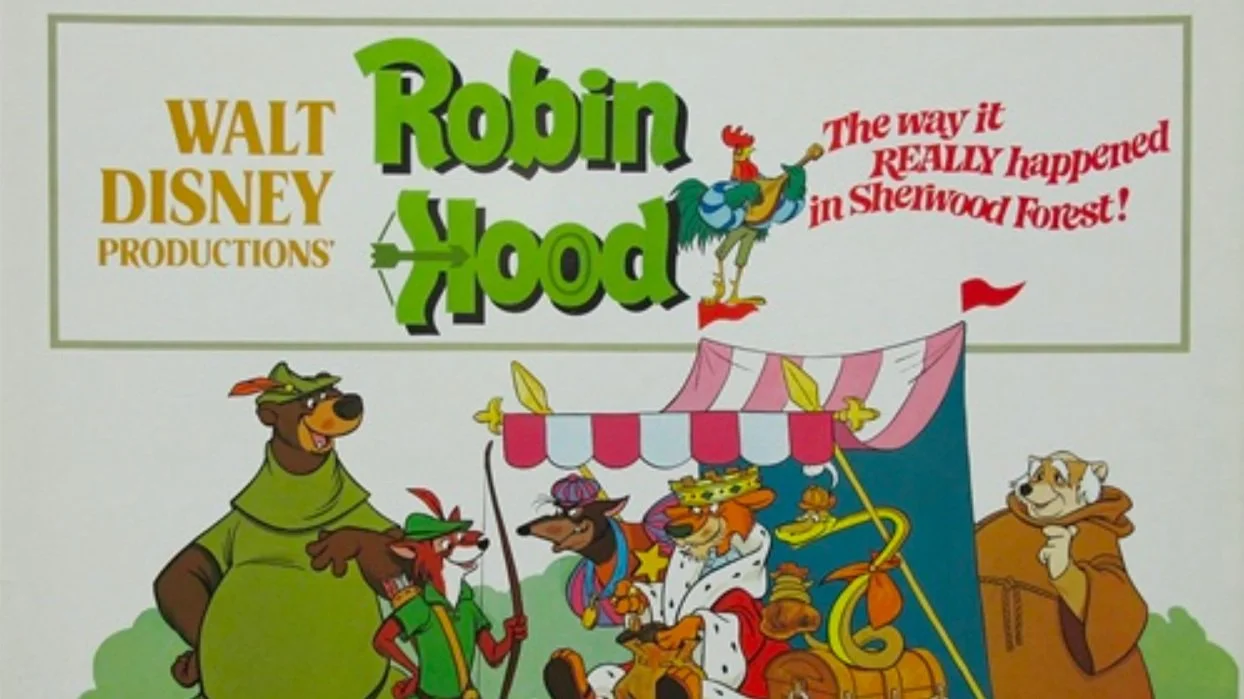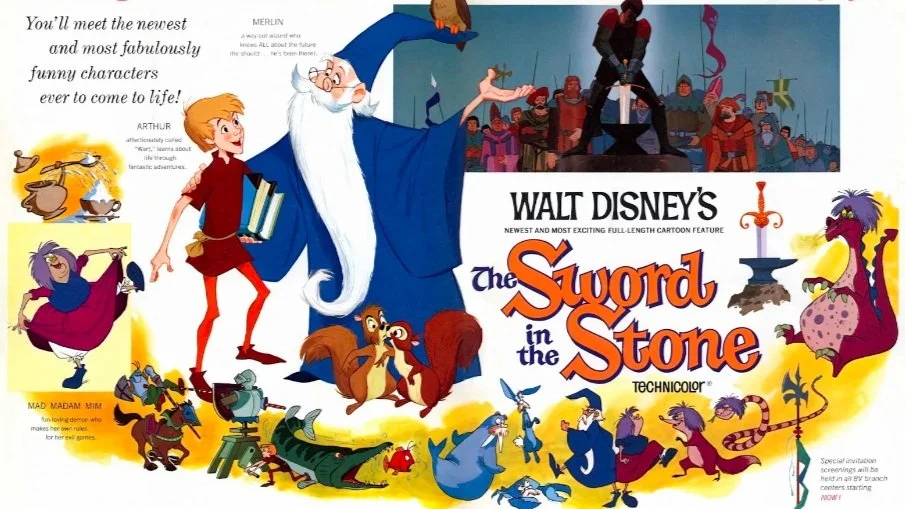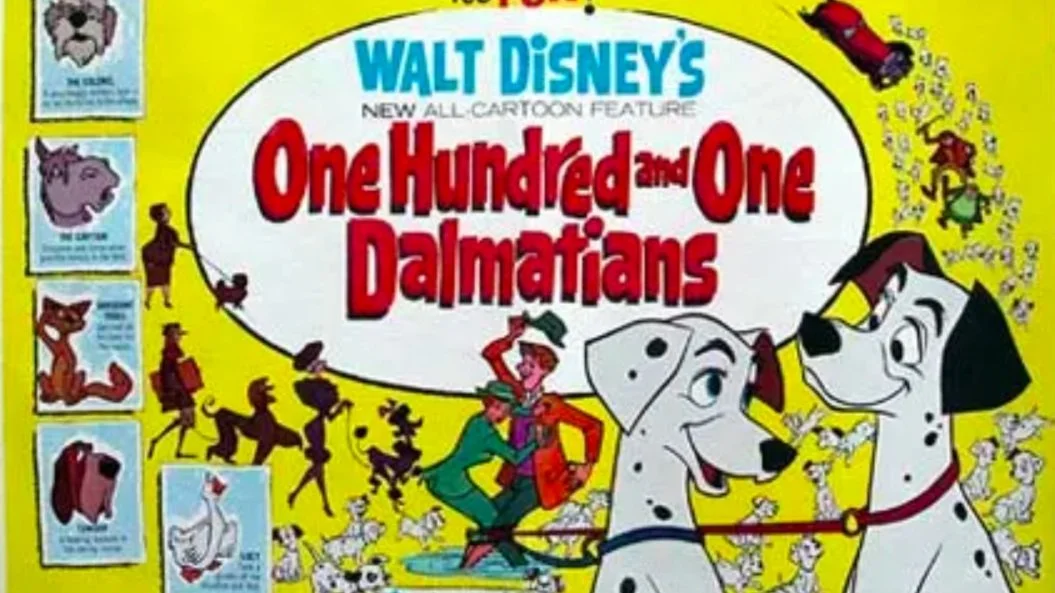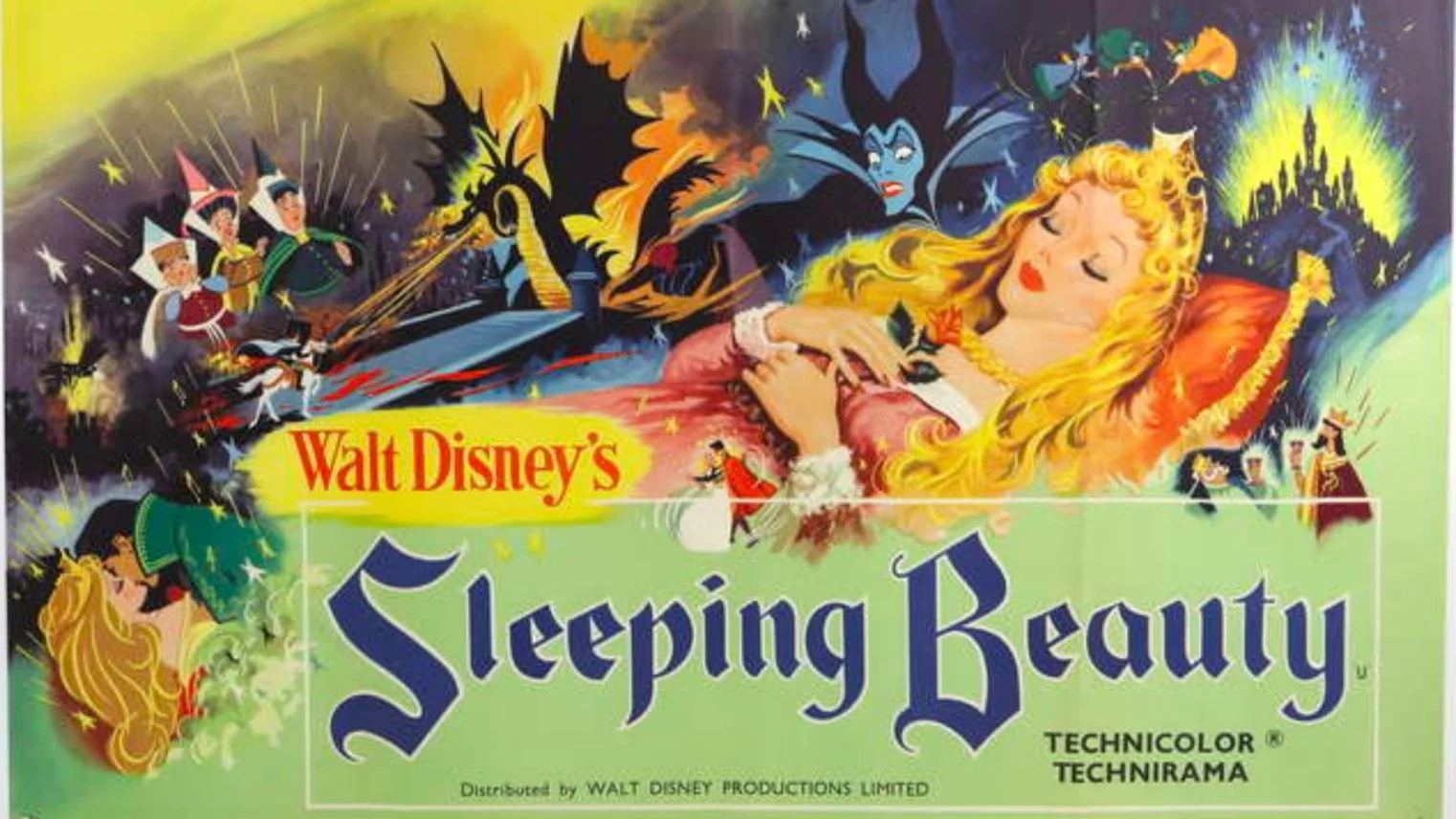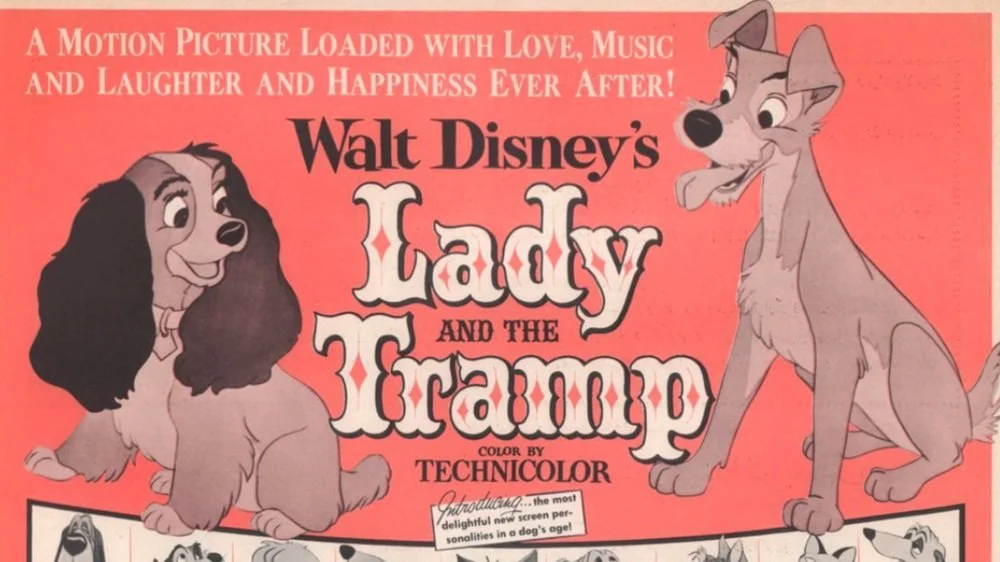Beginner's Guide to Alfred Hitchcock: Vertigo (1958)
I consider Alfred Hitchcock to be my favorite director and Vertigo to be my favorite film of all time. The psycho-romantic mystery is 60 years old this month, and it’s the film I’ve been waiting to cover ever since I started writing this column. I’ve tried to be critical of Hitchcock, both in terms of his rumored off-screen behavior and the more troubling themes within his films. Am I complicit in perpetuating the toxic myth of “troubled genius”? Of course, there are multiple, contradicting versions of who Hitchcock was. But the rumors of his toxic work environments are nagging nonetheless.
We’re now living in the #MeToo era, and since last fall, I have thought a lot about Hitchcock. I thought about Tippi Hedren, who rejected Hitchcock’s advances and suffered professionally. I thought about Joan Fontaine, whose co-stars were instructed by the director to alienate her on Rebecca. I thought about Grace Kelly, held on a pedestal as the ideal woman. And I thought about Vera Miles, who lost the role in Vertigo for starting a family and was punished by Hitchcock.
Reckoning with Hitchcock’s work and his reputation has been a difficult process for me. Hitchcock often tortured his female leads on screen (the attic attack in The Birds), or restricted his characters’ vision or stability (Ingrid Bergman’s hangovers in Notorious) or punished them for crossing a barrier (Blackmail, Frenzy). When I rewatched Vertigo, I thought a lot about Judy Barton (Kim Novak) and her forced performances as “Madeline.” I mourned for the real Madeline Elster, who appears only as a corpse (and yet the film doesn’t even consider her the real victim). Judy tries to confess to John (James Stewart): “You were the victim. I was the tool and you were the victim of Gavin Elster’s plan to murder his wife.” Those words sting, because both Judy and Madeline are victims here. They both have their #MeToo stories in Vertigo, and both suffer greatly in the film.
John forces Judy to remake herself into Madeline (not the real Madeline, mind you, but his fantasy of her), and we the audience know just how cruel that is to Judy. She goes along with it because she fell in love with John, though she yearns to be seen as herself. Hitchcock switches protagonists when Judy appears as herself, and Judy’s compliance is more understandable. But Hitchcock never reckons with the idea that “Madeline” wasn’t a real person, but rather a performance intended to fool John.
The Testament of Judith Barton by Wendy Powers and Robin McLeod is a novel that reimagines Vertigo from Judy’s perspective. The film tries, but doesn’t take Judy’s point of view far enough. How did she feel about playing Madeline the first time? How did she get mixed up with Gavin Elster at all? While many could see Judy’s fate as a comeuppance for her role in the murder plot, I believe Hitchcock wants us to sympathize somewhat for her. We can at least hope that she could have had a happy ending. But that is reserved for John’s friend Midge (Barbara Bel Geddes). She loves John too, but disappears as his spiral reaches the point of no return. She escapes the void that claims John, Judy, and Madeline.
Vertigo makes me think of the roles women have to play. The Hitchcock Blonde is a famous archetype, though rarely do we see the individual woman underneath it (North by Northwest comes to mind; Eva Marie Saint plays the cool seductress as a performance she puts on). In Vertigo, we see the projected image of the Hitchcock Blonde in “Madeline.” But we also see what it costs Judy to recreate it for John, and why she’s willing to do it.
Hitchcock’s films, especially one as dreamy, circular, and heightened as Vertigo, are open to different interpretations. Some might read Vertigo as misogynist; others might pick up on more empathy towards these put-upon women. Our culture is rethinking tolerance of misconduct by canonized directors. It’s impossible to know exactly what happened on Hitchcock’s sets. Kim Novak, the last surviving cast member, remembers Hitchcock being specific about his vision, but respectful. Other actresses, like Tippi Hedren, have much uglier stories. So one lingering questions remains: would time have been up for Alfred Hitchcock?






